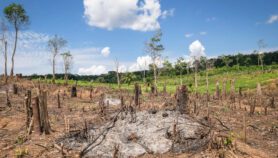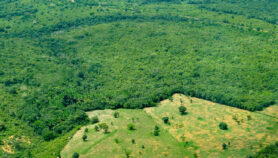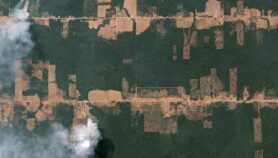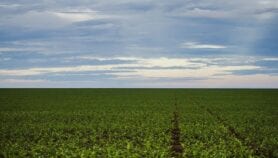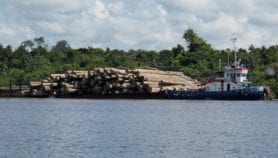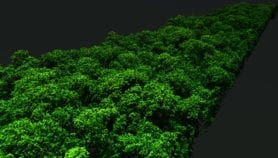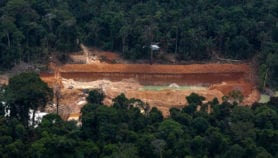By: Zoraida Portillo
Send to a friend
The details you provide on this page will not be used to send unsolicited email, and will not be sold to a 3rd party. See privacy policy.
Researchers have demonstrated for the first time that rainforests cannot always be relied upon as carbon sinks, and could accelerate global warming during drought.
Their findings, published in Science last week (5 March), show that drought can hamper the Amazon rainforest’s ability to absorb carbon dioxide from the atmosphere and can substantially damage the forest’s capacity to absorb carbon, by killing trees.
In fact, during severe drought, the rate of carbon absorption can slow down so much that the rainforest emits more carbon dioxide than it absorbs.
The team of researchers, from 13 countries, has been monitoring forest health in the Amazon for the past 30 years, examining forest plots, identifying and measuring trees, recording tree deaths, and measuring and mapping weather patterns.
Studying the effects of an unusual drought in 2005 they found an increase in tree mortality and a reduction in growth — both evidence that the forest was emitting more carbon dioxide than it was absorbing.
Before the drought, measurements taken over 25 years indicated that undisturbed Amazonian rainforests absorbed about 1.7 billion tonnes of carbon dioxide per year — equivalent to emissions from deforestation and other disturbances such as fire and logging, says Luiz Aragao, a researcher at the UK-based Oxford University and a participant in the research.
"It means that the accumulation of carbon in the undisturbed forests was offsetting emissions from deforestation and forest degradation and consequently minimising the amount of carbon emitted into the atmosphere," he told SciDev.Net.
As this was just for one year, the drought did not have a substantial impact on global warming, says Oliver Phillips, a researcher at the University of Leeds and lead author of the study.
"The danger is if Amazon droughts become more frequent: our results show that, if so, carbon released from Amazonia could accelerate global warming," says Phillips.
"Governments need to seriously reduce deforestation and tackle the impact of fires that are used to clean and manage lands in Amazonia," added Aragao.
References
Science 323, 5919 (2009)




